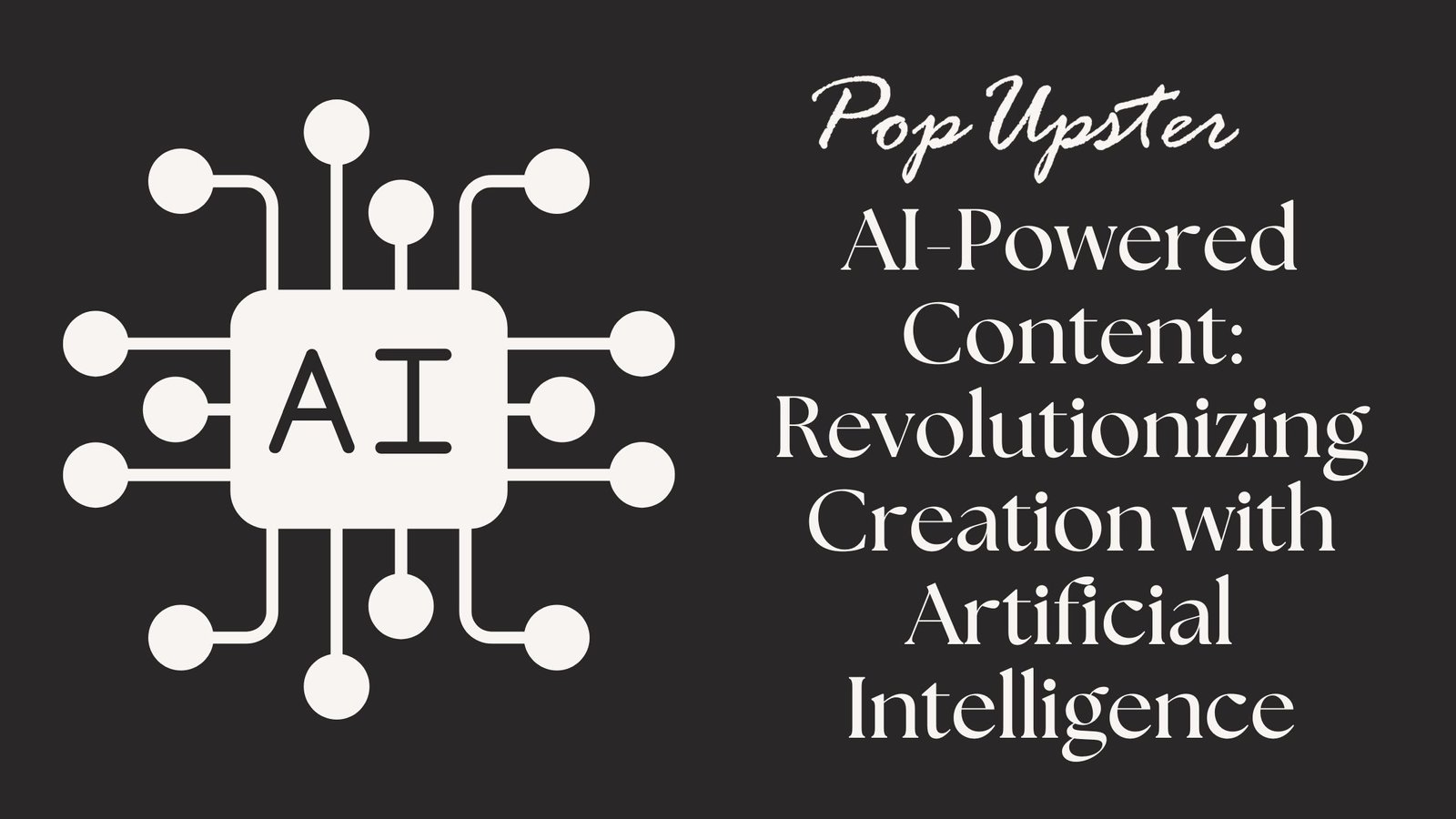Artificial Intelligence (AI) is no longer a futuristic concept; it has become an integral part of the content creation process, reshaping how marketers approach their strategies. The ability of AI to generate content quickly and efficiently is unmatched, making it an invaluable tool for businesses looking to maintain a robust online presence.
AI tools have evolved to create a wide array of content, including blog posts, social media captions, website copy, and even video scripts. This has transformed the way marketers approach content generation. For instance, AI platforms like Jasper, Copy.ai, and ChatGPT can produce compelling articles in seconds, saving hours of manual effort. The real magic of AI, however, lies in its ability to analyze data. By examining vast datasets, AI can identify trending topics, and customer preferences, and even predict future trends. This allows marketers to create highly targeted content tailored to their audience’s needs, resulting in higher engagement rates.
One of the most significant advantages of AI-powered content is its ability to personalize. Personalization has become a cornerstone of effective marketing, and AI makes it easier than ever to deliver tailored experiences. For instance, by analyzing user behaviour and preferences, AI can help create customized email campaigns that resonate with individual recipients. Similarly, AI-powered chatbots provide real-time responses to customer queries, enhancing the user experience.
Despite its efficiency, AI-generated content requires a human touch. While AI can produce grammatically correct and coherent content, it often lacks the emotional depth and creativity that humans bring to the table. This is where marketers step in to refine and polish AI-generated drafts, ensuring the final output aligns with the brand’s voice and values.
AI is also making waves in visual content creation. Tools like Canva’s AI features and Adobe’s Sensei technology allow marketers to create stunning visuals and videos with minimal effort. These tools leverage machine learning to suggest design elements, colour palettes, and layouts, making the design process more intuitive.
The integration of AI in content marketing extends beyond creation. AI-powered analytics tools help marketers measure the performance of their campaigns in real-time. Platforms like Google Analytics and HubSpot use AI to provide insights into user behaviour, campaign ROI, and website traffic patterns. These insights enable marketers to make data-driven decisions and optimize their strategies for better results.
However, the rise of AI in content marketing also raises ethical concerns. Issues such as copyright infringement, misinformation, and bias in AI algorithms need to be addressed. Marketers must use AI responsibly, ensuring that the content they create is accurate, fair, and adheres to ethical standards.
As AI continues to evolve, its role in content marketing will only grow. The future may see the emergence of AI tools capable of understanding human emotions, and creating content that resonates on a deeper level. Marketers who embrace AI and learn to integrate it with their creative processes will have a competitive edge in the ever-changing digital landscape.
Need Help Growing Your Business Online?
At Popupster, we specialise in creating tailored digital marketing strategies that deliver results. Whether it’s social media marketing, content creation, or designing impactful campaigns, we’re here to help you achieve your goals. 🚀
📨 Let’s talk about how we can take your brand to the next level. Contact us today at jd@popupster.in!




 by
by